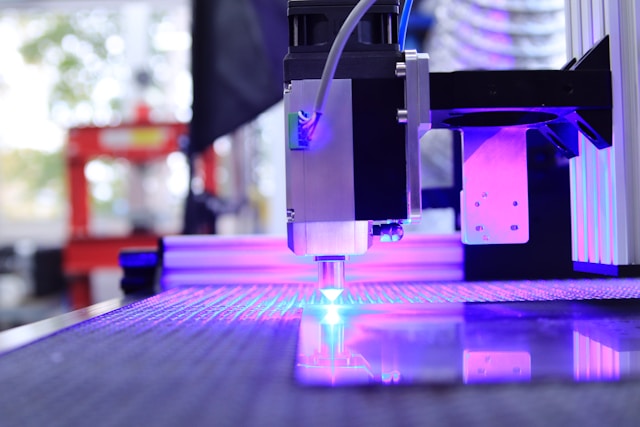When it comes to memory care services in skilled nursing facilities (SNFs) and long-term care centers, the expectations placed on staff members are paramount. Providing exceptional care for individuals with memory impairments requires a specialized skill set, empathy, and a commitment to ensuring their well-being.
Residents and their families should demand that any facility they’re considering be held to the highest standards in memory care. Below are some of the services that they should expect from every care center and their staff.
Specialized Training
Memory care demands a deep understanding of cognitive disorders such as Alzheimer’s and dementia. All SNF staff members involved in memory care should receive comprehensive training to effectively address the unique needs of residents. This includes education on the stages and progression of memory impairments, behavioral management techniques, communication strategies, and compassionate care approaches.
Person-Centered Approach
A person-centered approach lies at the heart of memory care. SNF staff should demonstrate a genuine interest in getting to know each resident as an individual, valuing their preferences, and respecting their dignity. Staff members should actively engage residents in meaningful activities, fostering a sense of purpose and promoting social interaction to enhance their overall well-being.
Empathy and Compassion
Caring for individuals with memory impairments requires a compassionate and empathetic approach. Staff members should display understanding, patience, and kindness, recognizing the challenges residents face on a daily basis. By providing emotional support and establishing trust, SNF staff can create a safe and nurturing environment where residents feel valued and understood.
Effective Communication
Clear and effective communication is essential in memory care. Staff members should be skilled in adapting their communication techniques to suit residents’ varying cognitive abilities. This includes using simple and concise language, non-verbal cues, and visual aids to enhance understanding. Active listening is also crucial to ensure residents’ needs and preferences are heard and respected.
Observation and Monitoring
Memory care staff should be vigilant and observant, monitoring residents’ well-being and promptly addressing any changes or concerns. Regular assessments of cognitive functioning, physical health, and emotional state can help detect early signs of deterioration or the emergence of new challenges. Proactive communication with healthcare professionals and family members is vital in providing comprehensive care.
Safe and Supportive Environment
Creating a safe and supportive environment is vital in memory care. SNF staff should ensure that the physical space is designed to minimize confusion and hazards, with clearly marked areas and appropriate signage. Adequate lighting, secure doors, and well-maintained surroundings are essential to prevent accidents and promote a sense of security for residents.
Collaboration and Teamwork
Memory care is a multidisciplinary effort, requiring collaboration among various healthcare professionals, including physicians, nurses, therapists, and support staff. Effective teamwork ensures a holistic approach to care, with consistent communication, shared goals, and coordinated interventions. SNF staff should actively participate in interdisciplinary meetings and care planning to provide the best outcomes for residents.
The memory care requirements for SNF staff should go beyond basic healthcare skills. These healthcare workers can make a significant difference in the lives of residents and their families, fostering a nurturing and fulfilling environment that enhances their quality of life.






